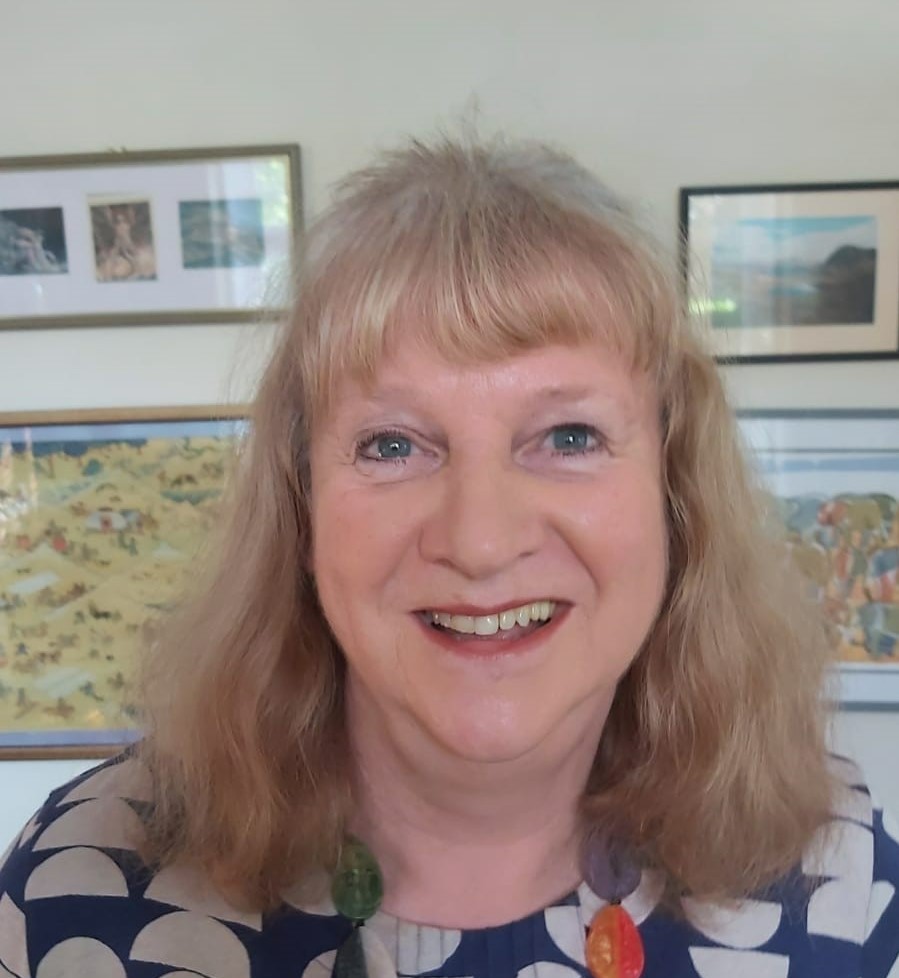In the age of artificial intelligence (AI) and social media, Dr Alison Scott says that developing learners’ critical thinking skills is more important than ever.
We know that successive governments have expected our sector to play a major role in addressing current skills shortages, preparing students for employment in areas needed to expand our economy.
I think we would all agree that these instrumental training aims are worthwhile, but are we losing sight of broader educational aims in the process? What other skills and attributes do our young people need?
A plethora of news articles about the dangers as well as the considerable advantages of AI are everywhere. One of the dangers is the dilution of individual thinking: AI can write and speak for us. Every time we use social media, our opinions are captured, and algorithms feed us with similar views to meet our so-called preferences and confirm our many biases.
Do we really prefer not to have to think for ourselves? Martha Nussbaum, a contemporary philosopher, argues that a society cannot be free or democratic unless its citizens “can call their minds their own”. Even when we come across a range of opinions, what is the state of our democracy when people are openly abused on social media and feel too intimidated to discuss or debate a controversial view?
Critical thinking is an essential part of independence - and a key life skill if learners are to achieve social mobility.
So how does this relate to our work in the further education and skills sector? In a previous Ofsted framework, nurturing and developing independent learners was our ultimate aim. Critical thinking is an essential part of independence – and a key life skill if learners are to achieve social mobility. I also remember citizenship being considered as important. The term ‘community cohesion’ was part of a new emphasis on addressing equality and diversity, encouraging active participation in the community.
Simply, education does many things, but if we prioritise one part (say the employability part) above all others then a distorted education results. The principles of lifelong learning remind us that we are responsible for developing well-rounded citizens who accept that other people they may disagree with are also entitled to a hearing. The ability to discuss and listen are core life skills.
There is no escaping values in education. Choices are made all the time about what is important. If we don’t want to resemble robots, then we need to continue to debate and argue for what’s important and what’s missing. It’s always going to mean compromise, but the ability to feel passionate about what we do will lead to informed decisions – and distinguish us from robots!
Dr Alison Scott is the Skills and Education Group’s Lead Professional Development Advisor. She has worked in the further education sector for 30 years in a variety of roles: as an English teacher, a teacher trainer, a manager of teaching and learning coaches and, latterly, as an independent trainer/consultant.
Through her work in the sector, she has carried out hundreds of lesson observations in a variety of FE and community-based settings. Alison has a particular interest in the power of collaboration to improve teachers’ practice, which is the subject of her recent doctoral thesis.
Take advantage of our regular professional development opportunities to develop your skills and learn from experts in the sector.
Browse upcoming events






